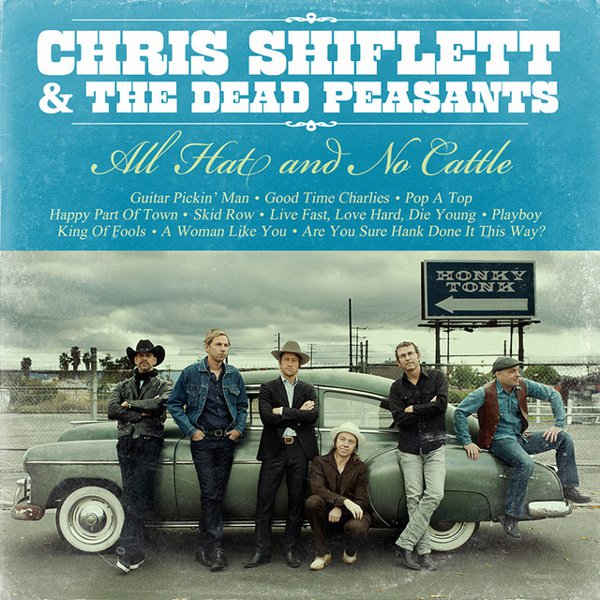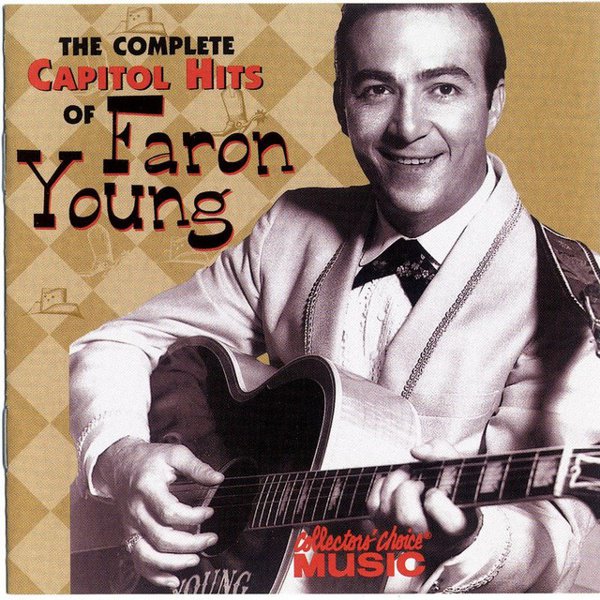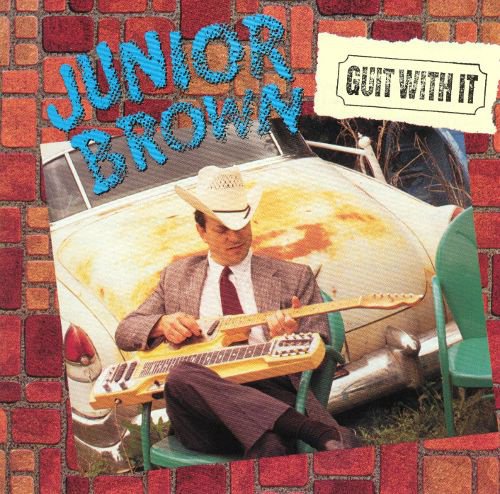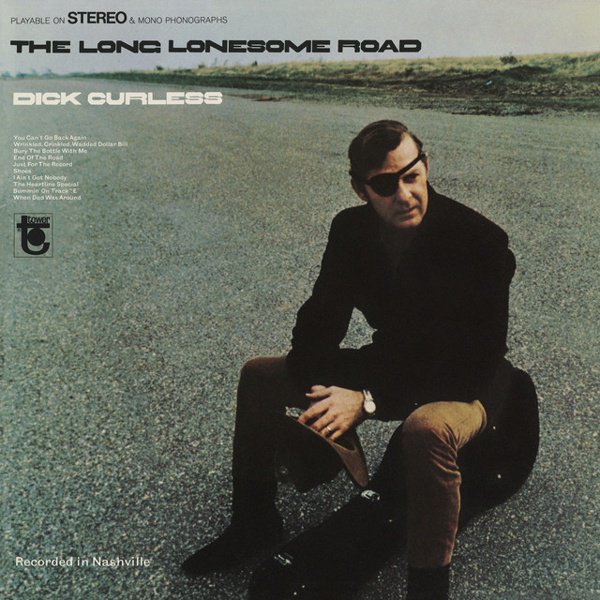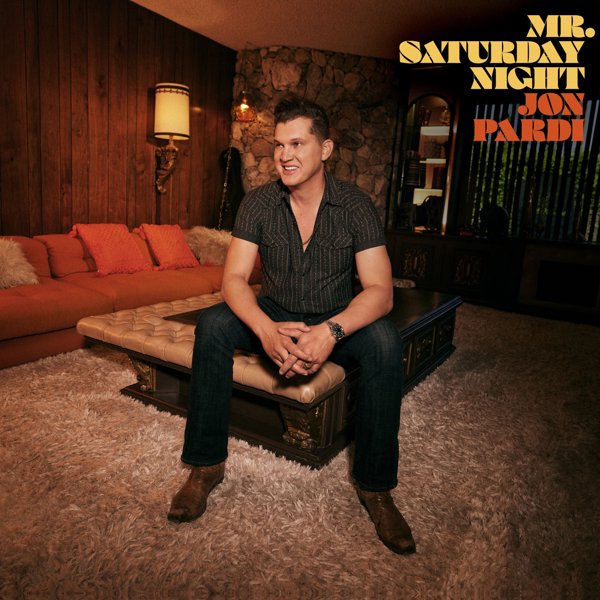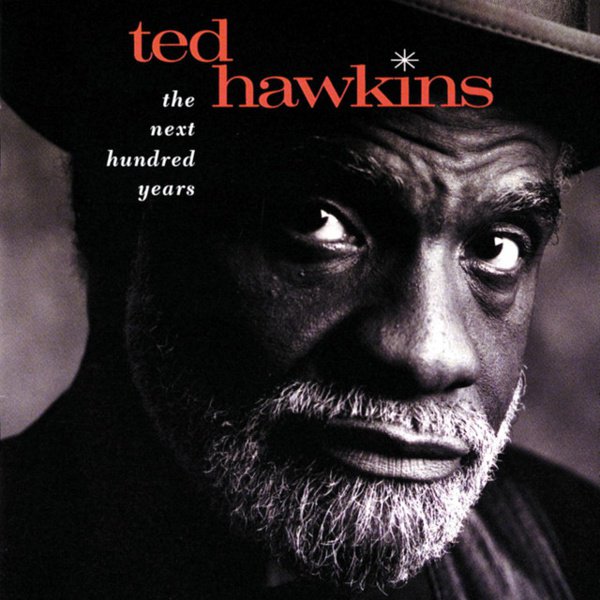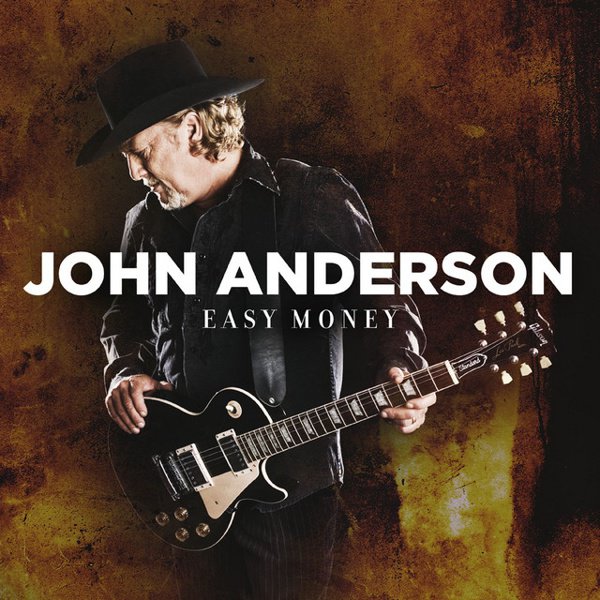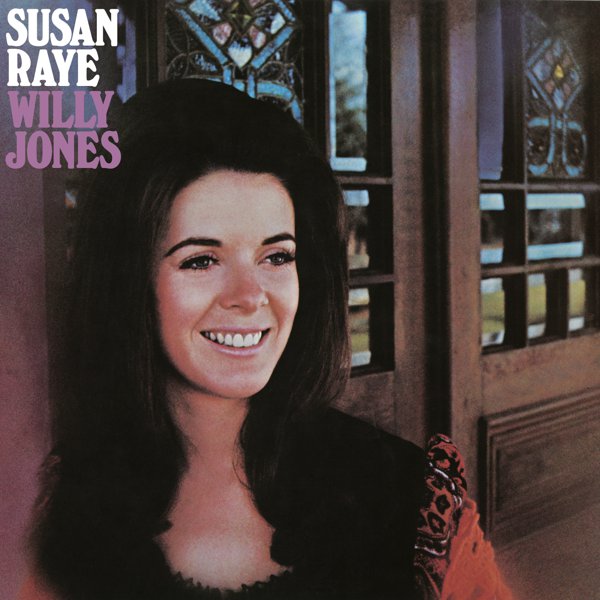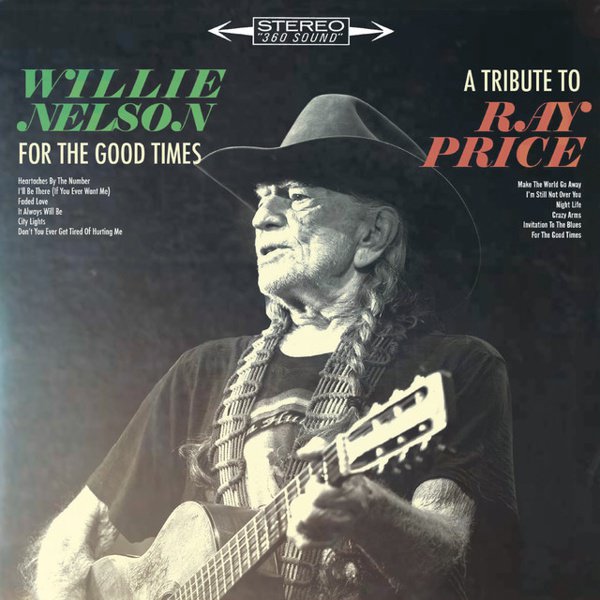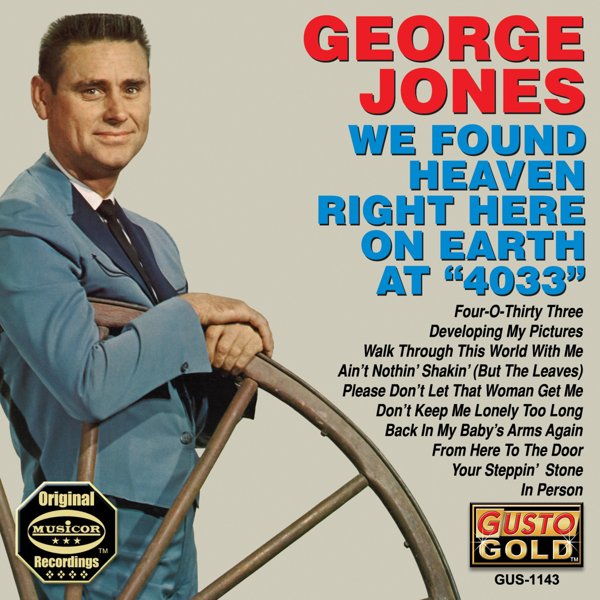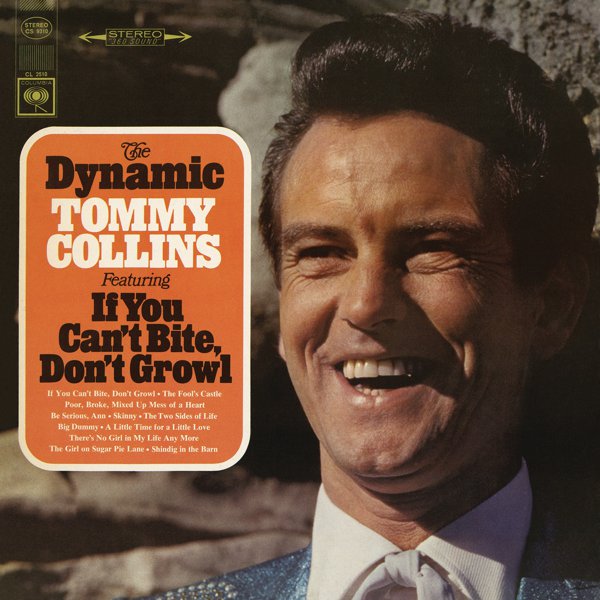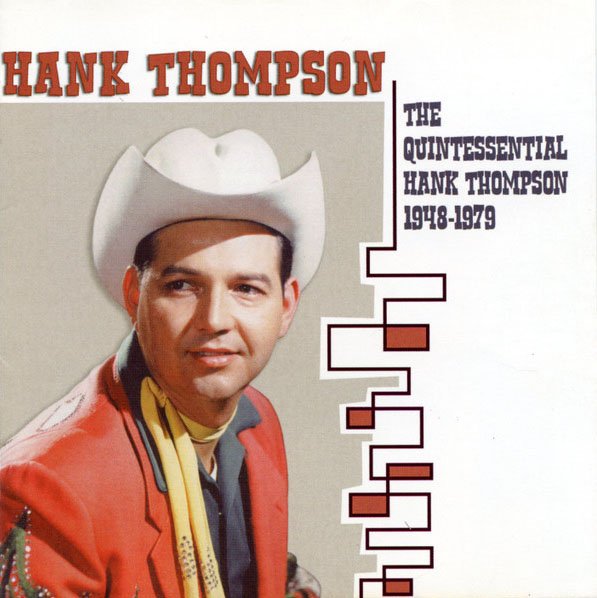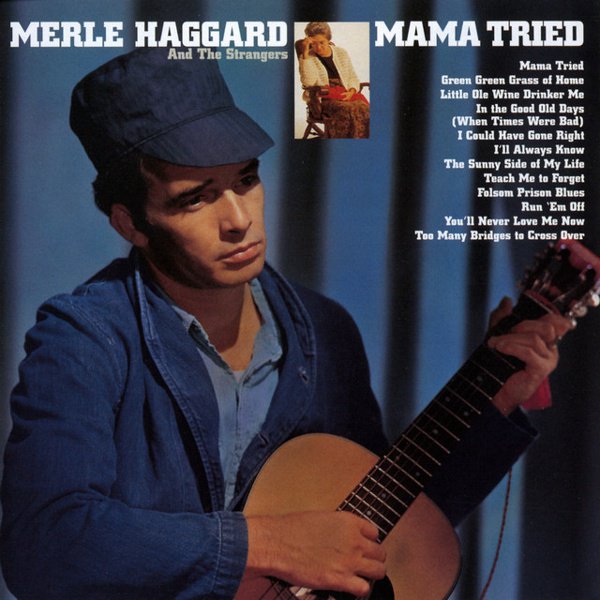
Recommended by
Mama Tried
It is typical of country, a music that loves contradictions, that one of its primary poets of the prison, Merle Haggard, is also one of its most cheerful and decorous singers. His 1968 album is hung on one of his better known songs, taken at least partly from life, though his mother didn’t have to worry about him doing life without parole. He taps Johnny Cash and Dolly Parton for songs here and keeps it moving. Haggard liked to present as a jovial master of ceremonies, “little ole wine drinker me,” as he put it here. As dark as his narratives might be, his sound was good timey and crisp.
Haggard’s seventh album (eighth when you count Just Between The Two Of Us, his collection of duets with Bonnie Owens) was his third of 1968. Its title track was of his biggest hits, and one of his best songs, period; its portrayal of a narrator who “turned 21 in prison, doing life without parole” was tragic but clear-eyed. Although he only wrote four of its 12 songs, the other eight were extremely well-chosen, and included a version of Dolly Parton’s “In The Good Old Days (When Times Were Bad)” that predates her own recording, as well as Mel Tillis’s “I Could Have Gone Right” and Johnny Cash’s “Folsom Prison Blues.” The Strangers back him with pure Bakersfield honky-tonk precision; the guitars are as taut as barbed wire, and Eddie Burris’s drums have a minimalist snap.

